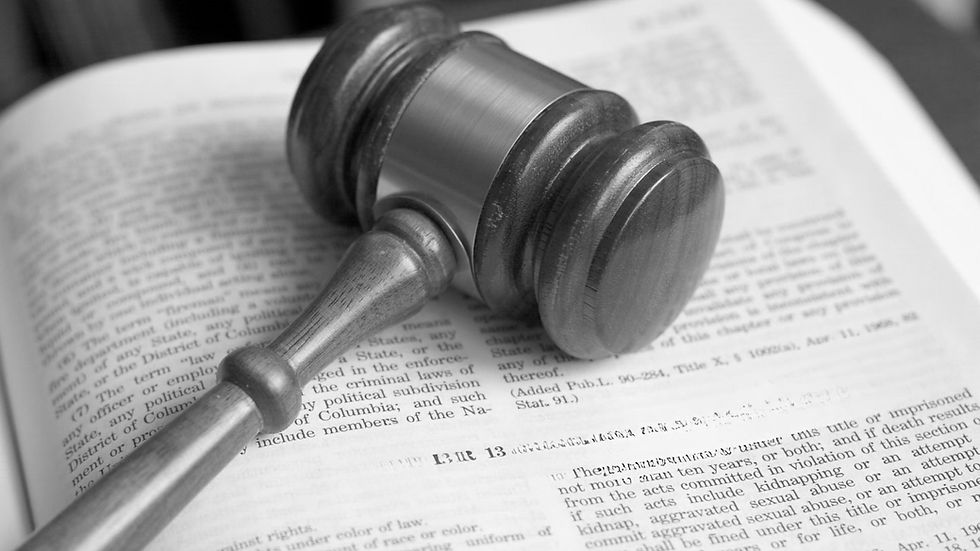A Step-By-Step Guide to Initiating Divorce Proceedings
- DJP Solicitors
- Jul 3, 2023
- 3 min read
Divorce is a challenging time for everyone involved. It can be complex and overwhelming to navigate. In this blog, we'll help by outlining the step-by-step process of initiating divorce proceedings in the UK. From filing the divorce petition to serving it to your spouse, we'll explain the key elements involved.
1. Grounds for divorce
Firstly, you’ll need to determine the grounds on which you wish to file for divorce. In the UK, there is only one ground for divorce, which is the irretrievable breakdown of the marriage. However, you need to establish this ground by relying on one of the following five reasons: adultery, unreasonable behaviour, desertion, two years of separation with consent, or five years of separation without consent.
2. Filing the divorce petition
Next you need to prepare the divorce petition, which is the legal document that formally starts the divorce process. This petition form (Form D8) can be found on the gov.uk website or in a local family court. Fill in the required information, including your personal details, grounds for divorce, and any additional details required. Don’t forget to make copies of the petition for your records.
3. Court submission
Submit the completed divorce petition to the appropriate family court. You will need to pay a filing fee, which is subject to change, so it's best to check the current fee on the gov.uk website. Upon submission, the court will issue a case number and a stamped copy of the petition, which serves as proof of the divorce proceedings.
4. Serving the petition
After filing the petition, you must serve it to your spouse. This involves delivering a copy of the petition to your spouse in a legally acceptable manner. You have several options for serving the petition, including using a process server, hiring a solicitor, or sending it by post with tracked and signed for delivery. Keep in mind that there are specific rules and requirements for proper service, so it's advisable to seek legal advice to ensure that you’ve complied with the rules.
5. Acknowledgment of service
Once your spouse receives the divorce petition, they must complete an Acknowledgement of Service form, which indicates whether they agree with the divorce or wish to contest it. The completed form should be returned to the court within a specified timeframe.
6. Applying for a decree nisi
If your spouse does not contest the divorce, you can apply for a decree nisi. This is a provisional judgement that confirms the court's satisfaction with the grounds for divorce. You will need to complete an application form and submit it to the court, along with a statement in support of the decree nisi.
7. Decree nisi pronouncement
The court will review the application for the decree nisi. If satisfied, a judge will pronounce the decree nisi, typically in writing. This does not finalise the divorce, but it indicates that the court sees no reason why the divorce cannot proceed.
8. Applying for a decree absolute
After a minimum waiting period of six weeks and one day from the decree nisi pronouncement, you can apply for a decree absolute. This is the final legal document that officially ends the marriage. You need to complete an application form and submit it to the court.
9. Decree absolute issuance
Once the court receives your application for the decree absolute, it will review the documents. If everything is in order, the court will issue the decree absolute, and your marriage will be officially dissolved.
10. Hiring a legal representative
It is important to note that this is a general overview of the divorce process in the UK, and the specific steps and requirements may vary depending on your circumstances. It is recommended to seek a legal representative, divorce lawyer or consult the official government resources for detailed and up-to-date information.
DJP Solicitors: Legal representatives
When going through a divorce, having a legal representative can make a significant difference in handling the legal intricacies. From providing legal advice to representing your interests in court, a skilled divorce lawyer will be your invaluable ally. Contact DJP Solicitors today or call us on 01224 590053.




Comments